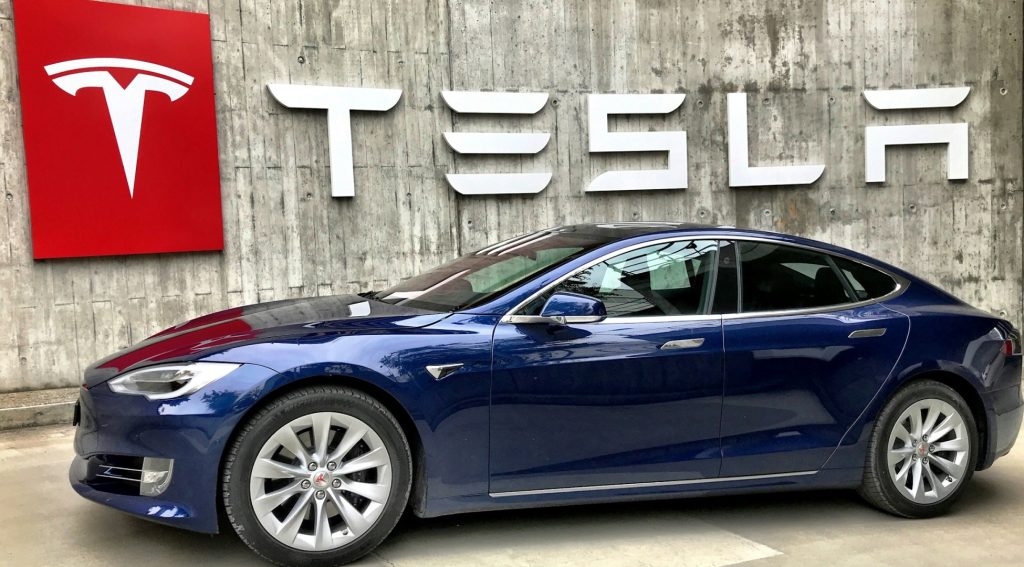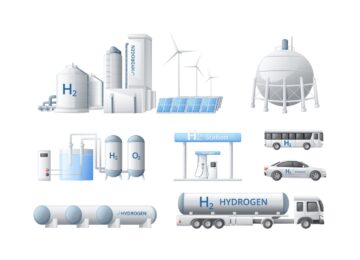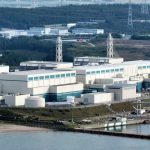Pomerantz LLP, a firm representing the rights of defrauded investors, has filed a class action lawsuit against Tesla, Inc. and certain officers.
The lawsuit, filed in the US District Court for the Western District of Texas, is on behalf of all persons who purchased or acquired Tesla securities between April 19, 2023, and June 22, 2025.
The complaint alleges that throughout this period, defendants made materially false and misleading statements regarding Tesla’s business and operations.
The lawsuit alleges that the company’s misrepresentation of its autonomous driving technology, including the new Robotaxi, led to dangerous vehicle operation and potential traffic law violations.
The alleged misrepresentations were highlighted by a series of events following the June 22, 2025 Robotaxi launch event. Media outlets, including Bloomberg and the International Business Times, reported on videos showing the robotaxis violating traffic laws.
This led to an investigation by the US National Highway Traffic Safety Administration (NHTSA). Following these reports, Tesla’s stock price dropped by $21.13 per share over two trading sessions.
After the class period ended, on August 1, 2025, a jury determined that Tesla was partly liable for a fatal 2019 Autopilot crash, ordering the company to compensate the family of the deceased and an injured survivor.
The lawsuit’s central allegation is that Tesla misled the public and investors about the capabilities and safety of its technology. This isn’t just a matter of financial misrepresentation; it has a significant impact:
Public Safety: The claims that Tesla’s autonomous technology could operate “dangerously and/or in violation of traffic laws” directly implicates the safety of not only the company’s customers but also the general public. A company’s responsibility to ensure its products are safe and perform as advertised is a fundamental aspect of the social pillar.
Ethical Conduct and Trust: Misleading investors and consumers about a product’s functionality, especially one as critical as a vehicle’s driving system, can be seen as a breach of ethical conduct. This erodes public trust and damages brand reputation, which is a key measure of a company’s social license to operate. The jury verdict on the fatal crash further underscores the real-world, life-or-death consequences of these alleged misrepresentations.
Regulatory Scrutiny: The fact that the alleged issues led to a NHTSA investigation demonstrates a failure to meet societal and regulatory expectations for product safety. A company’s relationship with regulators and its ability to operate responsibly within established safety frameworks are important considerations for investors.
The class action lawsuit, therefore, is not only a mechanism for investors to recover financial losses but also a means to hold the company accountable for its alleged failures in corporate governance and product safety—two critical pillars of a strong ESG framework.












